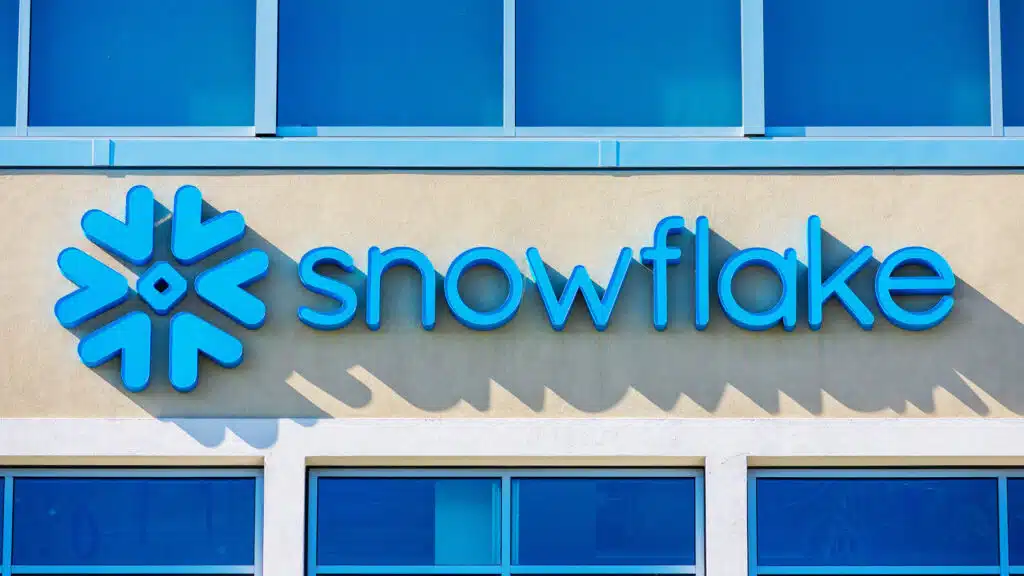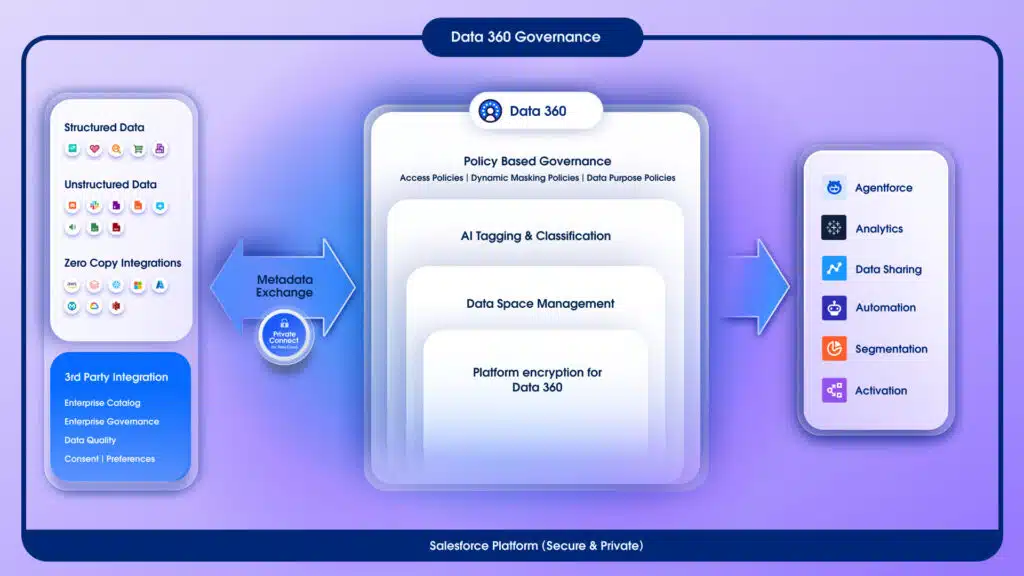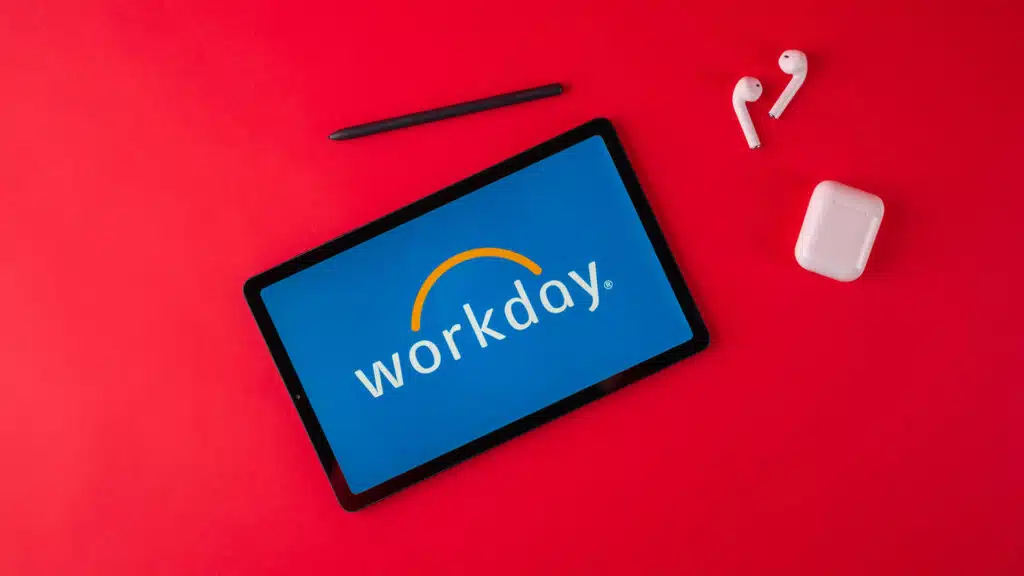The News: Amazon and the U.S. Agency for International Development (USAID) are partnering to boost climate funding for women. The Amazon and USAID partnership will support female entrepreneurs, providing them with necessary resources to address inequities in the climate finance arena. Amazon is pledging an initial $53 million in investments. Read the full announcement from Amazon.
New Amazon and USAID Partnership to Boost Climate Funding for Women
Analyst Take: Once again, Amazon is setting the bar with a new climate initiative – this time targeting gender inequalities that many likely do not think about. The Amazon and USAID partnership will look to remove the barriers and challenges that many females face when accessing financing for their climate initiatives and climate tech.
Amazon has pledged an initial investment of $53 million, including $3 million which will go directly to launching USAID’s Climate Gender Fund and USAID will match the $3 million. The other $50 million will go to climate tech companies run by women — which likely will do a lot for the inequality as well as the climate.
USAID’s Climate Gender Fund
Earlier this week, on Gender Day at COP27, The U.S. Government announced additional initiatives to address the gender disparities in the climate crisis. USAID is pledging more than $21 million to the Climate Gender Fund, which is more than the initial pledge of $14 million that was made during COP26.
The fund will help organizations in 37 countries fight gender-based violence due to climate, programs to advance green jobs for women, gender-smart climate information services, as well as support for governments to improve equality in their climate commitments.
Gender Inequalities in Climate
Women and girls are inordinately more impacted by the climate crisis. Add other forms of inequality like race, geopolitical conflicts, disaster-prone areas, and other living conditions and you’ve got a recipe for disaster. These other areas are exacerbated by the climate crisis. Looking at impoverished areas, women and girls are often responsible for agriculture and finding water for their families, and all too often, girls leave school at a young age to help bear the family burden. As the climate crisis worsens, women are continually battling new threats.
Gender Inequalities in Start-up Finance
We are big supporters of startups and people creating companies to drive change. The organizations that have been created in the last decade to address all aspects of the climate crisis from alternative fuel sources for heavy transportation fleets to eliminating emissions and waste in agriculture, have been nothing short of inspiring. However, when looking at the VC funding for startups, women overwhelmingly receive less funding than male-founded businesses. In 2021, women-led organizations only received 2 percent of the all of the VC funding in the U.S. That percentage is likely smaller when looking at just climate businesses.
While we are realistic about inequalities ever going completely away, it’s promising to see Amazon and USAID step up to take this on. The Amazon and USAID partnership, as well as the Gender Climate Fund from USAID, will definitely make significant inroads on the current global inequalities. We are sure that this won’t be the last investment we will see around this, and you can bet that we will be watching to see if other companies step up to the plate with commitments too.
Interested? We hope so. Note that companies of all sizes and stages will be considered, from pre-product startups to well-established enterprises looking to scale. You can find more information and submit your information with the team at The Climate Pledge here (scroll to the bottom of the page).
Good Equals Progress provides industry research and analysis on the topics of Environmental, Social, and Governance (ESG) and Diversity, Equity, and Inclusion (DEI). These columns are for educational purposes only and should not be considered in any way investment advice.
Other insights from Good Equals Progress:
Amazon’s Sacramento-based Same-Day Fulfillment Facility Pursues IFLI Zero Carbon Certification
Amazon Continues its Climate Pledge Committing Another $2 Billion
Image Credit: GivingCompass.org
The original version of this article was first published on Good Equals Progress.
Author Information
Shelly Kramer is a serial entrepreneur with a technology-centric focus. She has worked alongside some of the world’s largest brands to embrace disruption and spur innovation, understand and address the realities of the connected customer, and help navigate the process of digital transformation.






